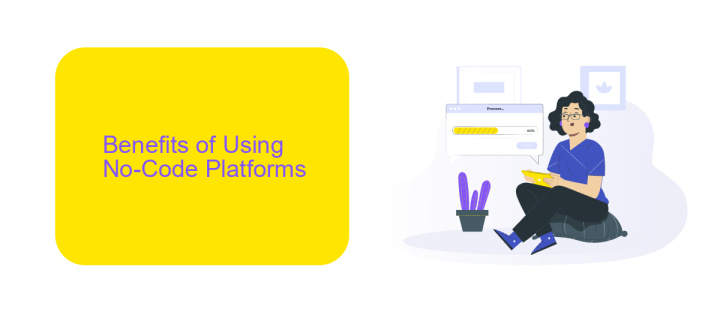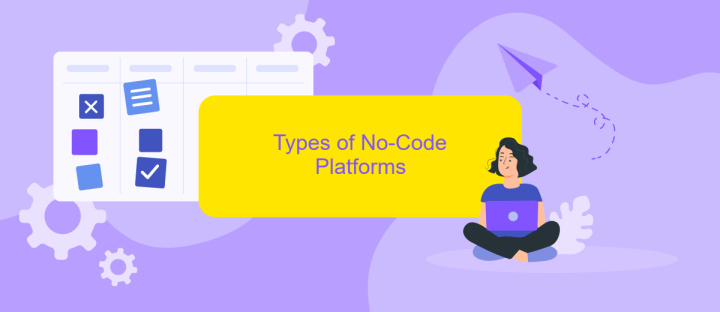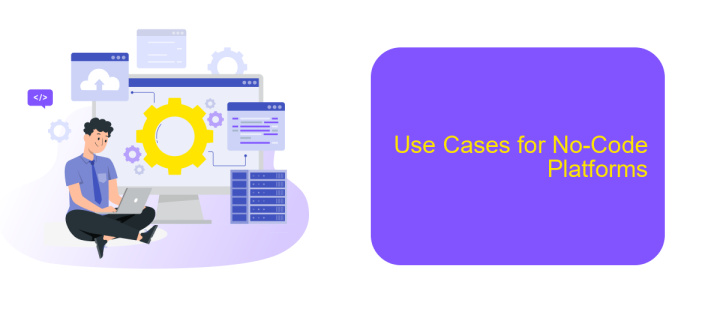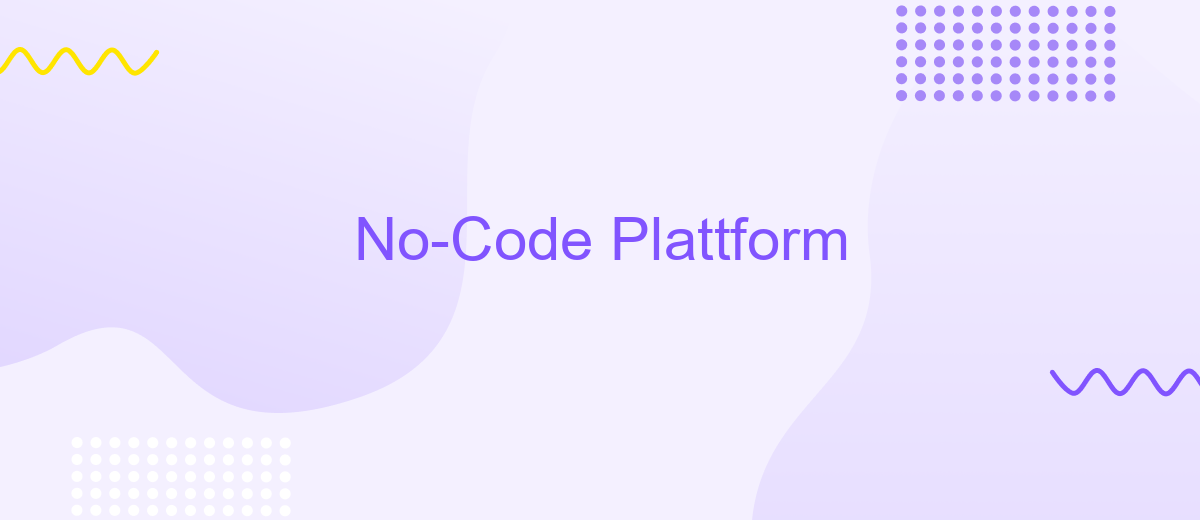No-Code Plattform
No-code platforms are revolutionizing the way businesses and individuals approach software development. By eliminating the need for traditional coding skills, these platforms empower users to create applications, websites, and automated workflows with ease. This democratization of technology enables faster innovation, reduces development costs, and opens the door for a broader range of creative solutions across various industries.
Introduction to No-Code Platforms
No-code platforms are revolutionizing the way individuals and businesses create software applications. These platforms allow users to develop apps without needing to write a single line of code, making technology accessible to non-programmers.
- Ease of Use: Drag-and-drop interfaces simplify the development process.
- Cost-Effective: Reduces the need for hiring specialized developers.
- Speed: Rapidly build and deploy applications.
- Flexibility: Easily integrate with other tools and services.
One of the key advantages of no-code platforms is their ability to integrate with various services. For instance, ApiX-Drive enables seamless integration with numerous applications, allowing for automated workflows and data synchronization. This makes no-code platforms an ideal solution for businesses looking to streamline operations and enhance productivity without the need for extensive technical expertise.
Benefits of Using No-Code Platforms

No-code platforms empower businesses by allowing individuals without technical expertise to create applications and automate workflows. This democratization of technology accelerates innovation, reduces costs, and shortens development cycles. By eliminating the need for extensive coding knowledge, organizations can quickly adapt to market changes and focus on strategic initiatives, rather than getting bogged down in lengthy development processes.
Additionally, no-code platforms offer seamless integration capabilities, enabling businesses to connect various tools and services effortlessly. For instance, ApiX-Drive facilitates easy integration of diverse applications, streamlining data flow and enhancing operational efficiency. This ability to integrate without deep technical skills ensures that even small businesses can leverage sophisticated technology stacks, driving productivity and growth.
Types of No-Code Platforms

No-code platforms have revolutionized the way individuals and businesses approach software development, enabling users to create applications without writing a single line of code. These platforms can be broadly categorized into several types, each serving different purposes and user needs.
- Website Builders: These platforms, such as Wix and Squarespace, allow users to create and manage their websites through drag-and-drop interfaces, making web development accessible to non-technical users.
- App Builders: Tools like Adalo and Glide enable users to develop mobile and web applications without coding. These platforms offer pre-built templates and components to streamline the app creation process.
- Automation Tools: Platforms like Zapier and ApiX-Drive help automate workflows by connecting different applications and services. ApiX-Drive, for instance, allows users to set up integrations between various software tools, enhancing productivity without the need for custom coding.
- Database Management: No-code platforms like Airtable and Notion provide users with the ability to create and manage databases with ease, offering a more intuitive alternative to traditional database systems.
Each type of no-code platform offers unique features tailored to specific tasks, making it easier for users to achieve their goals without technical expertise. By leveraging these tools, individuals and businesses can save time, reduce costs, and innovate more rapidly.
Use Cases for No-Code Platforms

No-code platforms have revolutionized the way businesses approach software development, enabling users without technical expertise to create applications and automate processes. These platforms are versatile and cater to a variety of use cases across different industries.
One common use case is for small businesses looking to streamline operations without the need for a dedicated IT team. No-code platforms allow them to build custom solutions tailored to their specific needs, such as inventory management systems, customer relationship management (CRM) tools, and more.
- Automating repetitive tasks and workflows
- Creating internal tools and dashboards
- Developing MVPs (Minimum Viable Products) quickly
- Setting up integrations between various services using tools like ApiX-Drive
- Building e-commerce websites and landing pages
Another significant use case is in the realm of marketing. Marketers can use no-code platforms to design and deploy landing pages, automate email campaigns, and track customer interactions without needing to write a single line of code. This empowers marketing teams to be more agile and responsive to market changes.
Future of No-Code Platforms
The future of no-code platforms looks incredibly promising as they continue to empower individuals and businesses to create sophisticated applications without the need for traditional coding skills. These platforms are expected to become even more intuitive, offering advanced functionalities such as AI-driven automation and real-time collaboration. As the demand for digital solutions grows, no-code platforms will play a crucial role in bridging the gap between technical and non-technical users, enabling faster and more efficient development cycles.
Integration capabilities will also see significant advancements, allowing seamless connectivity between various tools and services. For instance, platforms like ApiX-Drive will become essential for automating workflows and integrating disparate systems without manual intervention. This will not only enhance productivity but also ensure that businesses can adapt quickly to changing market conditions. Overall, the future of no-code platforms is set to revolutionize the way we approach software development, making it more accessible, efficient, and innovative.
FAQ
What is a No-Code Platform?
Who can benefit from using No-Code Platforms?
What types of applications can be built with No-Code Platforms?
How do No-Code Platforms handle integrations with other software?
Are No-Code Platforms secure to use for business applications?
Time is the most valuable resource in today's business realities. By eliminating the routine from work processes, you will get more opportunities to implement the most daring plans and ideas. Choose – you can continue to waste time, money and nerves on inefficient solutions, or you can use ApiX-Drive, automating work processes and achieving results with minimal investment of money, effort and human resources.

